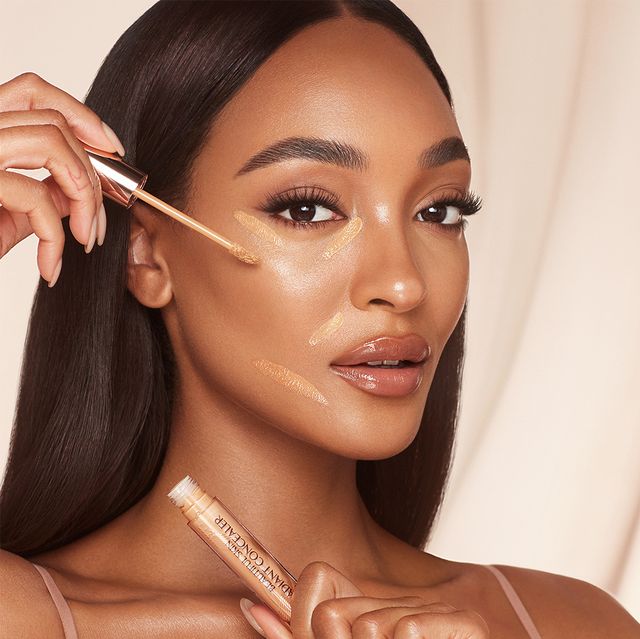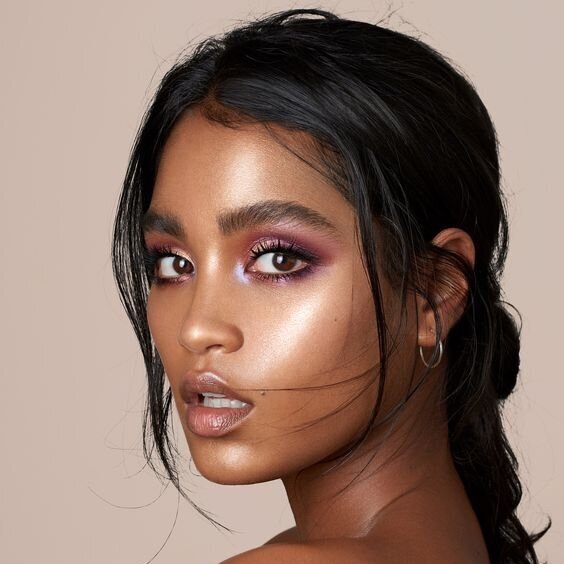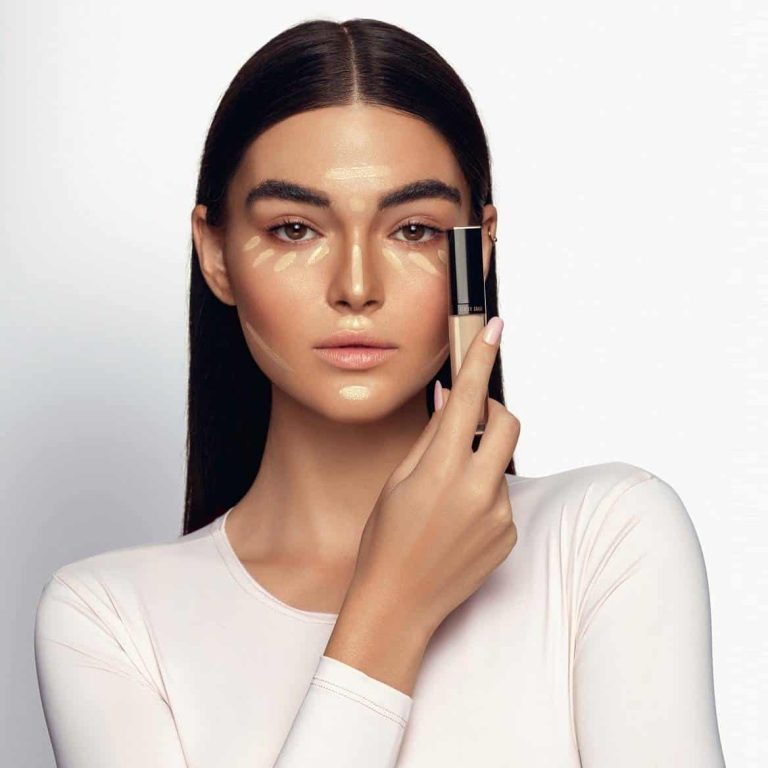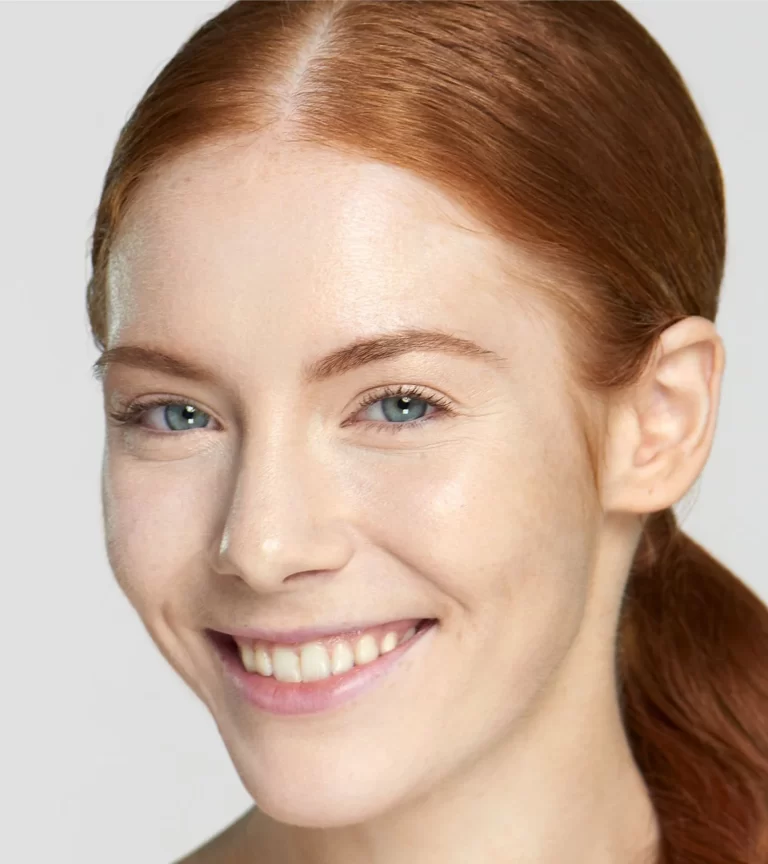
Can You Use Concealer as Foundation
Can You Use Concealer as Foundation? A Comprehensive Look into the Versatile World of Makeup
In the realm of cosmetics, two products reign supreme when it comes to complexion perfection: concealer and foundation. While each has its unique role—concealer for camouflaging specific imperfections and foundation for providing an even base across the entire face—the question often arises: can you use concealer as foundation? This comprehensive guide delves into the feasibility, benefits, drawbacks, and application techniques of using concealer in place of foundation, offering a practical perspective on this makeup conundrum.
Understanding Concealer & Foundation: The Basics
Concealer is typically formulated with a higher concentration of pigments, designed to mask dark circles, blemishes, or hyperpigmentation with precision. On the other hand, foundation serves as a canvas for the rest of your makeup, offering a broad range of coverage levels (from sheer to full) and finishes (matte to dewy), often infused with skincare ingredients for added benefits.
The Feasibility of Using Concealer as Foundation
Yes, concealers can indeed be used as foundations, especially in scenarios where light coverage is desired. For those with minimal skin concerns, a lightweight, hydrating concealer can provide just enough coverage without the heaviness of traditional foundation. Additionally, spot concealing—a technique where concealer is strategically applied only where needed—can replace foundation altogether, allowing the natural skin texture to shine through while addressing specific areas of concern.
Using Concealer as Foundation: A Versatile Alternative
Concealer, often hailed for its ability to camouflage imperfections and dark circles, can indeed be utilized as a foundation alternative when approached strategically. Here are the advantages of using concealer in lieu of traditional foundation:
1. Customizable Coverage
Concealers typically offer a higher pigment concentration than foundations, allowing for precise, targeted coverage where you need it most. Whether you’re dealing with acne, redness, or hyperpigmentation, concealer can act as a buildable foundation, providing heavier coverage where required while maintaining a natural look on the rest of your face.
2. Lightweight Formula
Many concealers have a lightweight consistency that doesn’t feel heavy or cakey on the skin. This makes them an excellent choice for those who prefer a more sheer, breathable base or have oily skin, which benefits from less product without compromising on coverage.
3. Travel-Friendly Option
With their compact packaging, concealers are travel-friendly and easy to carry around for touch-ups throughout the day. They can double as both a spot treatment and an all-over foundation, simplifying your makeup routine on-the-go.
4. Skin Care Benefits
Some concealers are enriched with skincare ingredients like hyaluronic acid, vitamin E, or antioxidants, offering nourishment and hydration while providing coverage. As such, they can serve as a multi-tasking product, combining the benefits of skincare and makeup.
5. Versatility in Application
You can customize the finish by applying concealer in various ways. Use a beauty blender or brush for full coverage, or simply dot it onto trouble spots for a lighter foundation effect. This adaptability allows for a personalized approach to your daily makeup routine.
6. Natural Finish
By using concealer only where needed, you can achieve a more natural, “your-skin-but-better” appearance compared to an all-over foundation application. It helps maintain skin’s natural texture and tone, creating an illusion of flawless skin rather than a mask-like layer.
7. Color Correction
Concealers come in a wide range of shades, including color-correcting options designed to neutralize specific skin concerns (like green for redness or peach for under-eye circles). Used as a foundation, these hues can provide a color-balanced base before applying other makeup products.
Cons to Consider
However, using concealer as your sole base product comes with limitations. Concealers generally have a narrower color range than foundations, which could make finding a perfect match more challenging. Overapplication to achieve full coverage may lead to a cakey or unnatural finish. Furthermore, concealers often lack the extensive array of skincare benefits found in foundations, such as SPF protection, hydration, or anti-aging properties.
Mastering the Technique: Applying Concealer as Foundation
To effectively use concealer as foundation, begin by prepping the skin thoroughly with cleansing, toning, and moisturizing. Choose a concealer shade that closely matches your skin tone, or go one shade lighter if aiming for a brightening effect under the eyes.
Start by dotting the concealer across the forehead, nose, cheeks, and chin, using either a brush, sponge, or clean fingers. Employ stippling or patting motions to blend the product evenly, ensuring it melts seamlessly into the skin. Build up layers gradually, focusing on areas that require extra coverage.
Finish by setting the concealer with a translucent powder if you desire a matte finish or have oily skin, but avoid over-powdering to maintain a natural look.
Alternative Options and Considerations
For individuals seeking a happy medium between heavy foundation and light concealer, tinted moisturizers and BB creams are viable alternatives. These products combine the benefits of skincare and makeup, delivering a hint of coverage with a lightweight feel.
Color-correcting concealers can also be used preemptively before applying foundation for a more balanced complexion. However, in certain cases, combining both concealers and foundations works best, where the foundations provides an even base, and the concealers targets specific areas needing extra attention.
Conclusion
Ultimately, whether or not you choose to use concealer as foundation depends on personal preference, skin type, and the desired level of coverage. Experimentation is key to discovering what works best for your unique needs. Remember, makeup is about enhancing your natural beauty, so tailor your routine to highlight your features and boost confidence.
Expert Tips and FAQs
Professional makeup artists suggest starting with a small amount of concealer and building it up as needed, blending well to avoid any demarcation lines. They also advise choosing a formula suitable for your skin type—oil-free for oily skin, hydrating for dry skin—and always patch test new products.
Frequently Asked Questions might include queries like “Can I skip primer when using concealer as foundation?” or “How do I ensure my concealers doesn’t crease throughout the day?” Addressing these questions will provide readers with additional insights and practical tips for their makeup journey.
In conclusion, while concealer can certainly stand in for foundation under certain circumstances, it’s essential to understand the nuances and adapt the application method accordingly. With practice, patience, and the right products, you can leverage the versatility of concealer to create a flawless base that complements your skin and lifestyle.





